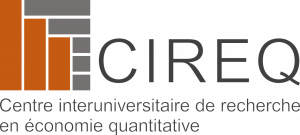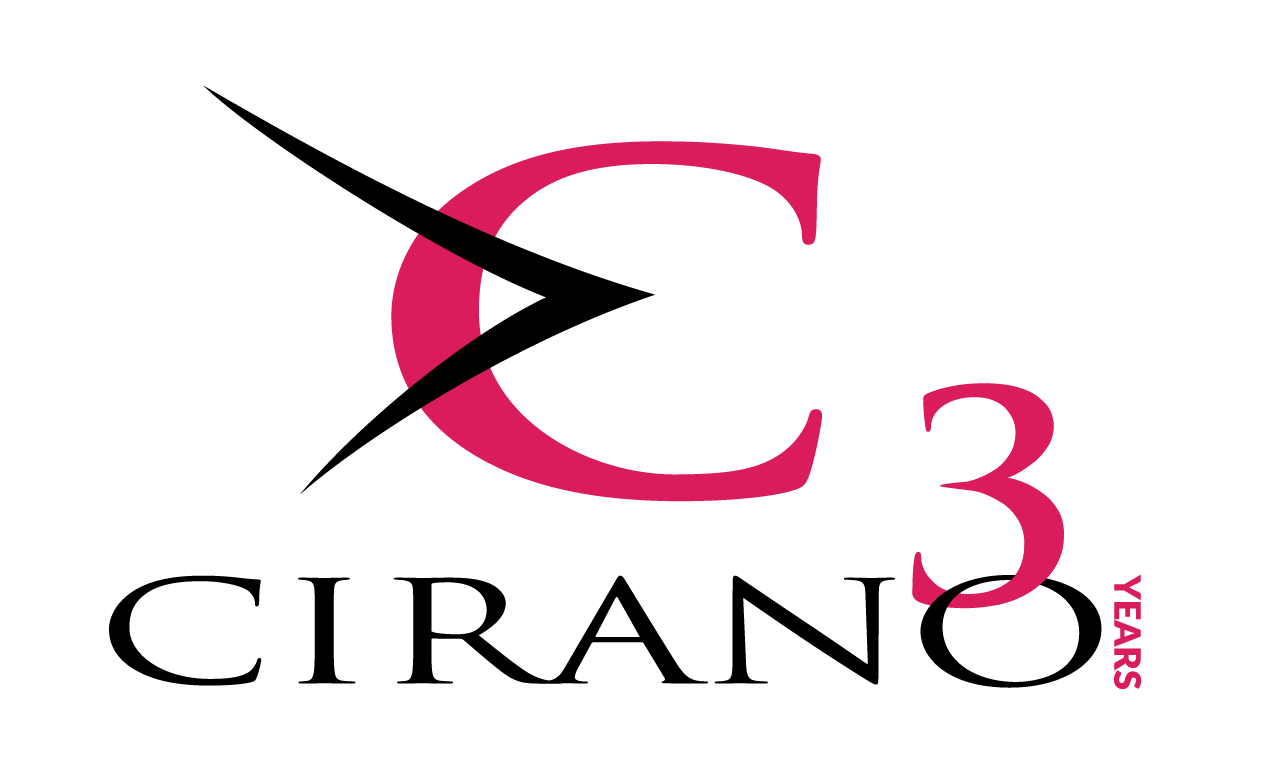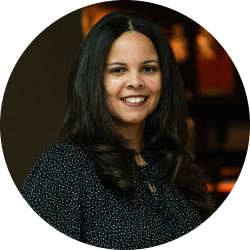

This workshop on natural resource and environmental economics has hosted Miao Dai, postdoctoral researcher at the Center for Environmental Economics - Montpellier, and Amanda Guimbeau, assistant professor at Université Sherbrooke.
- Amanda Guimbeau (Université Sherbrooke)
Climate Change, Intimate Partner Violence, and the Moderating Effects of Climate Resilience Initiatives
Abstract
This paper investigates the impact of climate change on women’s agency in Bangladesh. Utilizing a novel dataset linking meteorological data with information on women’s agency from the Bangladesh Demographic and Health Survey, and controlling for a variety of weather indicators in flexible specifications, we find that dry shocks increase tolerance for intimate partner violence among poorest women in agriculture-dependent communities, thus amplifying existing socio-environmental vulnerabilities. Climate resilience projects funded by the Bangladesh Climate Change Trust (BCCT) moderate the negative impacts of dry shocks on intimate partner violence, indicating an important role for initiatives that appear to have positive externalities in terms of ameliorating the harmful consequences of climate change on women. Our findings offer insights into the complex environmental and social dynamics that shape gendered climate change effects, and highlight the role of policy interventions in fostering resilience and women’s wellbeing.
- Miao Dai (Center fort Environmental Economics - Montpellier)
Efficient Recycling
Abstract
We elaborate a model of a market economy, where material inputs are produced by the primary sector as virgin natural resources or are produced by the recycling sector as secondary resources, emphasizing the supply-side linkages between virgin and recycled materials. We consider the case when there are no market failures, and posit a representative structure of the value chain involved in recycling, identifying the specific actors and analyzing their behavior. If the possibility of recycling end-of-life products is socially valuable, the additional value is transmitted to the primary resource producers through prices. Two situations can emerge: either there is a durable scarcity of secondary resources, or vice versa, part of the end-of-life products is permanently disposed of as waste. In the presence of market failures (due to negative externalities from waste disposal, or local natural monopoly power), the optimal combination of policy instruments depends on which of the above-mentioned situations prevails.
This event was held in English.

